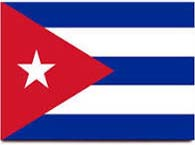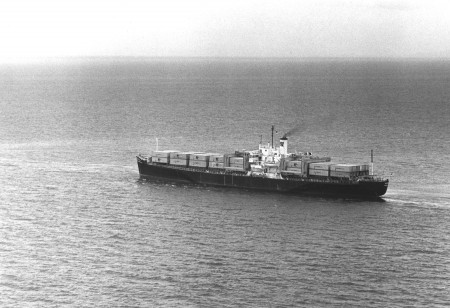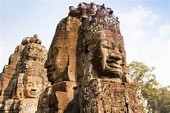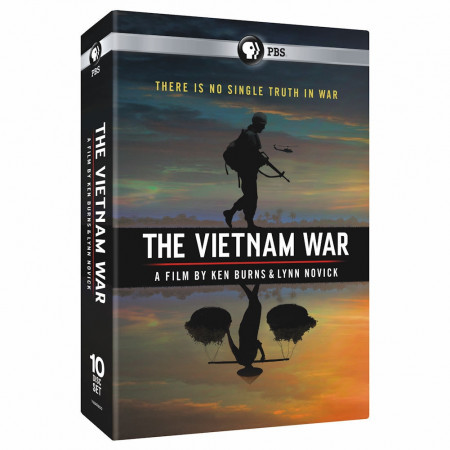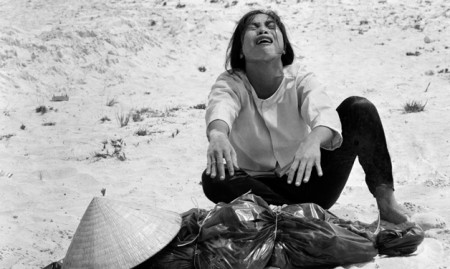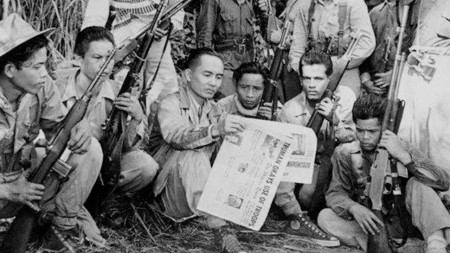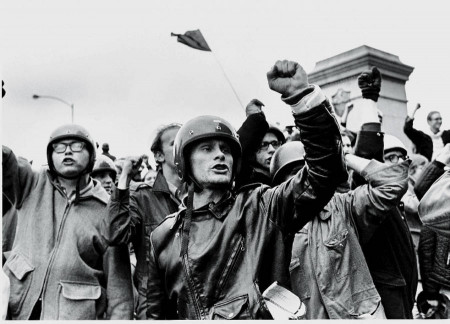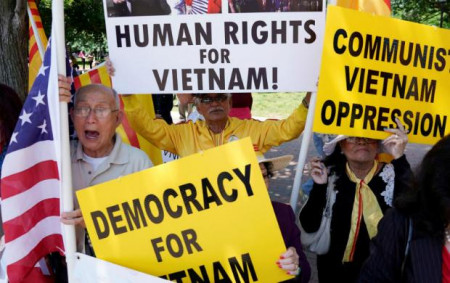Readers note: We will be reproducing a number of articles originally published on Small Wars Journal written by W. R. Baker, an active member of Vietnam Veterans for Factual History. They will be categorized as Small Wars Journal as well as W.R. Baker. This article first appeared here. on, 05/08/2017 - 9:12am A Small Wars Journal and Military Write
Readers note: This information was given to me by Bill Laurie, who has a photocopy of the original in his possession. I imagine more than a few Afghans are feeling very similar pain if they are still alive. The following open letter printed in 17 April 1975 Saigon Post, an English language newspaper in Viet Nam. It was a very chaotic time and
Two weeks after the fall of Saigon, on May 12, 1975, Khmer Rouge in an American-made PCF Swift gunboat seized the U.S. merchant ship SS Mayaguez and its crew in Cambodian waters. After the U.S. withdrawal from Viet Nam and the abandonment of the three countries of former Indochina, a number of conservative politicians and intellectuals in the Unite
The ancient symbolic four-faced sandstone Bayon is thought by some Cambodians to represent simplicity, compassion, equanimity and wisdom, virtues lacking in those involved in the factional struggles of the communists in Cambodia. A symbolic Bayon for the Khmer Rouge would have only two faces, that of the barbaric and amoral genocidal “year zero” Po
By Mike Benge, POW, VVFH Founding Member The only similarity between Francis Ford Coppola’s film set-in South-East Asia and Joseph Conrad’s novel “Heart of Darkness” set in Africa is that both had rivers winding through them and both had major characters named Kurtz. And, oh yes, Coppola copied Conrad’s style of telling stories within a story. Copp
Panel RemarksCritique of the Ken Burns Vietnam ProgramInstitute of World PoliticsWashington, DC22 January 2017 By Lewis Sorley From my perspective the Burns production had one objective, to reinforce the standard anti-war narrative that the Vietnam war was unwinnable, illegal, immoral, and ineptly conducted by the allies from start to finish. It we
This is a book review authored by VVFH member David Hanna. Land Wars: The Story of China’s Agrarian Revolution, by Brain DeMare; Stanford University Press, 2019 (e-book version), $15.69. Brian DeMare is a cultural historian and teacher of modern Chinese history at Tulane University in New Orleans. In his first book, Mao's Cultural Army(2015), he fo
By Uwe Siemon-Netto At the height of the Vietnam War, Ralph White tried to join the U.S. Marine Corps but was turned down because of an eye injury he had sustained playing tennis. As the fighting drew to a tumultuous close in April 1975, however, 27-year-old White was in Saigon, acting true to the leatherneck motto “Semper fidelis” – only by civi
A Critical Review by Nicholas Warr Despite its recognition as a New York Times bestseller, the receipt of many awards, and the recognition and praise from the literary world Mark Bowden has received since the publication of Hue, 1968, this book is filled with way too many misconceptions, flaws, critical omissions and dozens of outright errors and f
By Michael Benge The communist Hukbong Laban sa Hapon (Anti-Japanese Army) or simply Huks, comprised mainly of disenfranchised peasant tenant-farmers of Central Luzon, was only one of several guerrilla groups resisting the Japanese invasion and occupation of the Philippines. The Huks were well received by the villagers and were seen as their p
PBS has responded to VVFH's demand that they correct the errors in the Burns/Novick documentary, The Vietnam War. Here is what they wrote.November 28, 2017R.J. DelVecchioExecutive SecretaryVietnam Veterans for Factual HistoryDear Mr; De! Vecchio;Paula Kerger asked me to respond to your November 7, 2017 letter regarding the recent broadcast of Ken B
These are some selected quotes from intelligent people, leaders of our country. On Cambodia: Some will find the whole bloodbath debate unreal. What future possibility could be more terrible than the reality of what is happening to Cambodia now? Anthony Lewis "Avoiding A Bloodbath" New York Times March 17, 1975 If we really want to help the people o
This is the Congressional testimony of a Jesuit Priest who lived in Vietnam for nineteen years and remained after the communist takeover for fifteen months. Judge for yourself whether the communist takeover was good for the people who were unable to escape. HEARINGS BEFORE THE SUBCOMMITTEE ON INTERNATIONAL ORGANIZATIONS OF THE COMMITTEE ON INTERNAT
The Last Days in Vietnam is an Oscar-nominated documentary covering the very end of South Vietnam, in April, 1975. Rory Kennedy’s dramatically sad and horrific documentary is both difficult (for a Vietnam Veteran at least) to watch and a chronicle of American compassion and angst. The fall of a democratic society to Communist tyranny should be lame
By Phillip JenningsPresident Obama said this week in Laos that sometimes Americans “feel lazy and think we’re so big we don’t have to really know anything about other people.” [1. http://www.nytimes.com/2016/09/07/world/asia/obama-laos-bombs-war.html?_r=0] He then addressed America’s “secret war” in that country, and proved what he didn’t know. Wha
Jane Fonda's Broadcasts on Radio Hanoi Co-authors: Dr. Roger Canfield, R.J. Del Vecchio From July 8 - 22, 1972, the American actress Jane Fonda visited North Vietnam at the invitation of the "Vietnamese Committee of Solidarity with the American People." During this period, she recorded at least 19 propaganda interviews that were broadcast by Radio
Former POW/MIA Affairs Chief Gave Congress Outline of U.S. Government's Road Map To Betrayal Of America's POW/MIA The following article is taken from a statement by Bill Bell (pictured right) which he gave before the Vietnam Subcommittee on Trade of the Committee on Ways and Means in the U.S. House of Representatives on June 18, 1998. Prior to 1989
A man sees in the world what he carries in his heart.” Goethe, “Faust”If there is truth in Goethe’s quote, author Mark Bowden believes in his heart that the American efforts in Vietnam were at best immoral and at worst verging on genocidal. In his new book Hue 1968: A Turning Point of the American War in Vietnam (Atlantic Monthly Press, 610 pp.),
By Robert Elegant Reprinted from Encounter (London), vol. LVII, No. 2, August 1981, pp. 73-90 The author has given VVFH permission to reprint here. IN THE EARLY 1960s, when the Viet Nam War became a big story, most foreign correspondents assigned to cover the story wrote primarily to win the approbation of the crowd, above all their own crowd. As a
Readers note: The following was written in 2007 in response to a series of articles in the Los Angeles Times discussing American atrocities in Vietnam. The author is a founding member of VVFH and a Vietnam Veteran and has given his permission to reproduce the article here. The article was originally published on another (now defunct) site and incl



